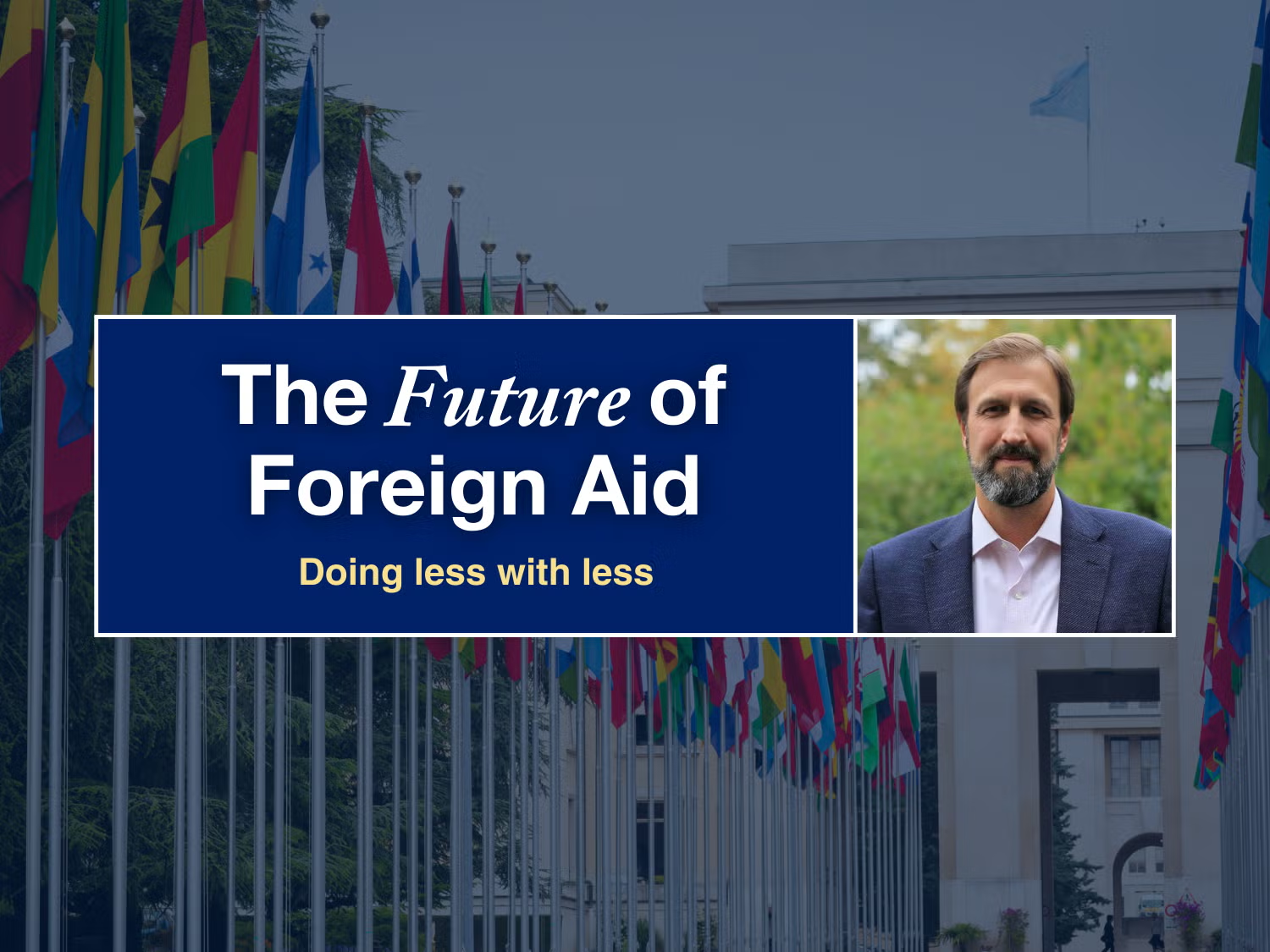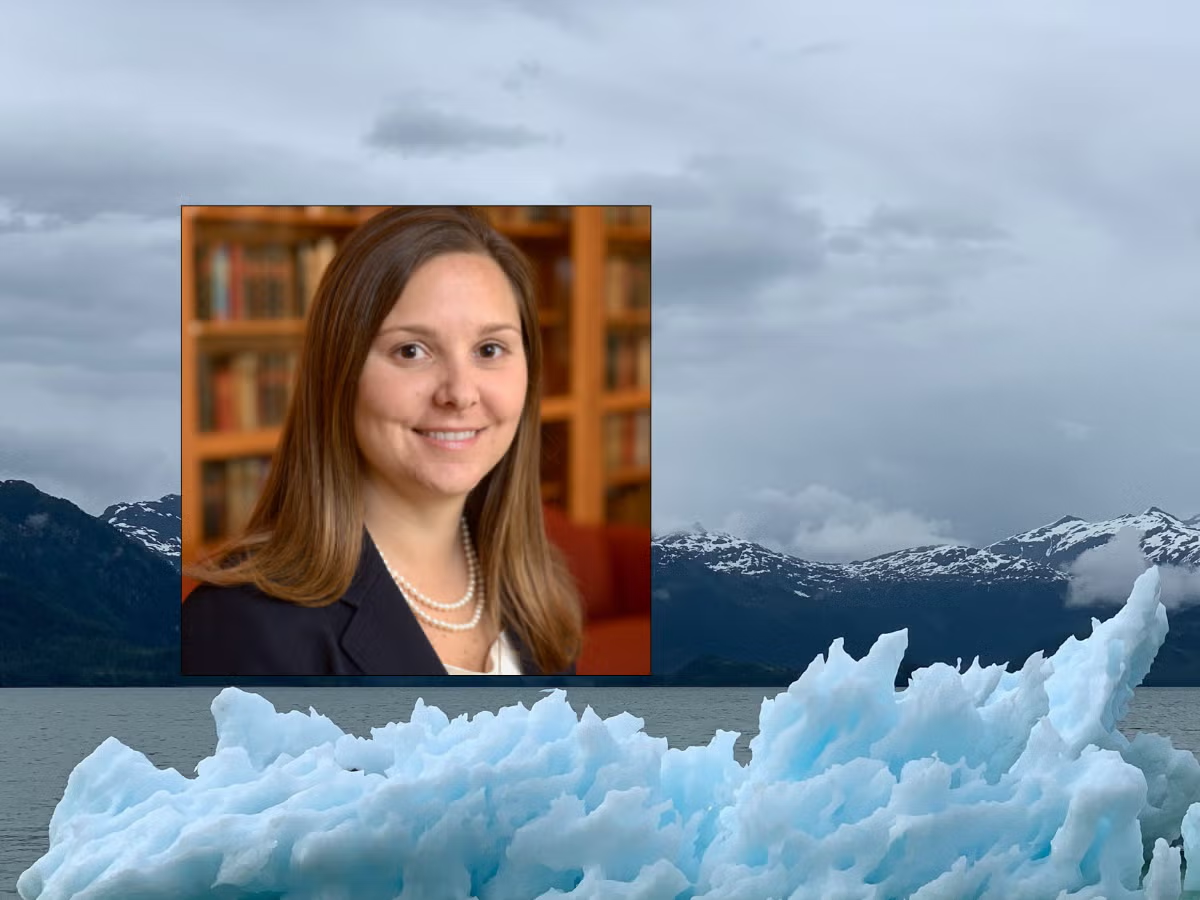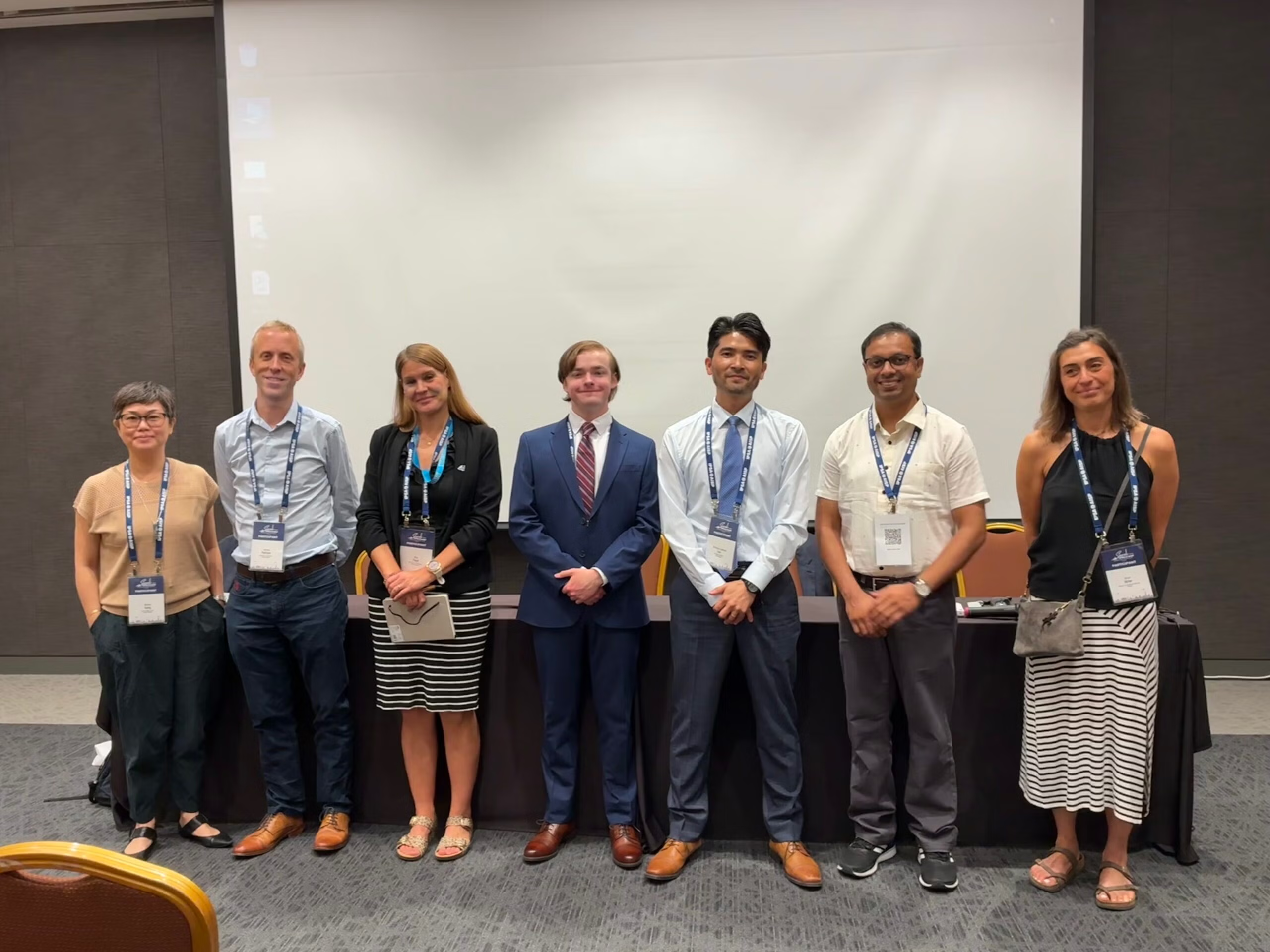SFS Stories
Research
-

Five questions about domestic terrorism and the violence in Minneapolis
In January 2026, two U.S. citizens, Renee Good and Alex Pretti, were shot by U.S. federal agents in Minneapolis as part of local protests against U.S. Customs and Border Protection and Immigration and Customs Enforcement. In describing the circumstances surrounding their deaths, Trump Administration officials used the term “domestic terrorism.” What defines “domestic terrorism” under…
-

SFS faculty publish six new books in 2025
SFS faculty published a variety of books in 2025 that spanned academic disciplines and unique global issues from global power dynamics to public health.
-

Seven questions about political violence for the authors of “God, Guns, and Sedition: Far-Right Terrorism in America”
Authors Bruce Hoffman and Jacob Ware answered seven questions to help explain the longer, larger context surrounding the Charlie Kirk assassination and the environment of political violence present in U.S. culture and life.
-

Immigration and border policies: Anna Maria Mayda examines the economic consequences of President Trump’s executive orders
Professor Anna Maria Mayda explores the short and long-term implications of President Trump’s immigration policies.
-

The future of foreign aid: doing less with less
Jeremy Konyndyk (MSFS’03) urges the humanitarian sector to use this drastic funding shortage to do with less by focusing on localization, rethinking the humanitarian financial architecture and mustering the political will to let go of traditional habits and turf battles.
-

The future of foreign aid: alternative donors bring different models
Professor Shareen Joshi, associate professor in the School of Foreign Service, highlights the difference in models that comes with alternative development funding from China, the Gulf states or regional development banks.
-

The future of foreign aid: leading the re-imagining
Professor Shantayanan Devarajan encourages the United States to continue to lead in development of ideas for re-imagining aid, regardless of whether its funding contribution has decreased.
-

The future of foreign aid: humanitarian reset in Ukraine
Anna Khandros (GHD’19) reflects on her experience with humanitarian aid delivery in Ukraine that had to quickly adapt when U.S. funding ended overnight.

